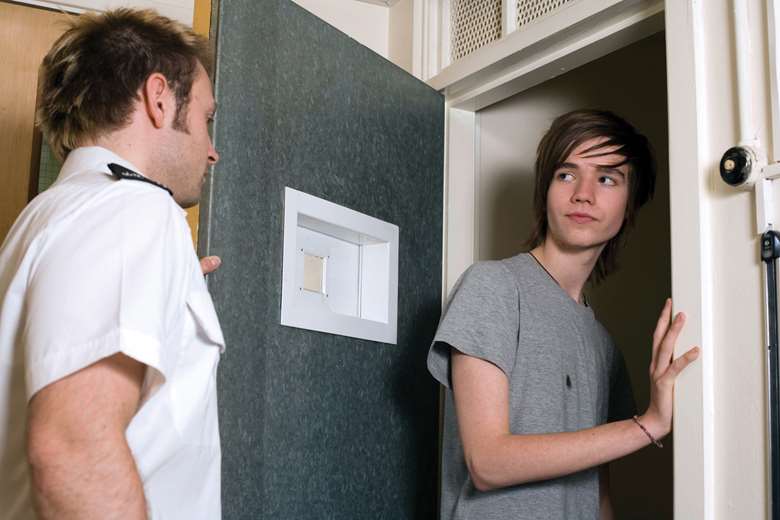Revised police custody code 'could undermine children's rights'
Tristan Donovan
Tuesday, December 12, 2017
The welfare and rights of vulnerable young people being questioned or detained by police could be threatened by proposed changes to Home Office codes of practice, a coalition of youth justice organisations has warned.

The Standing Committee for Youth Justice (SCYJ), which campaigns for a better youth justice system in England and Wales, says the proposed changes to Pace Code C could be detrimental for children and young people suspected of offending.
Pace Code C sets out the requirements for the detention, treatment and questioning of suspects by police. In October, the Home Office set out proposed changes to the code but in its submission to the consultation on the changes, which ended last week, the committee says it needs to be revised if children are to be protected.
In particular the committee, which is an alliance of almost 50 organisations including the NSPCC and Barnardo's, says the revised code's definition of "vulnerable" only refers to adults whereas the existing code also includes children and young people.
"By removing children from the guidance, we are concerned that an important trigger for identifying their needs is removed," states the committee, which notes that young people in police custody have much higher than average rates of special educational needs.
The committee also said it had concerns about proposals to allow those in police custody to be interviewed by live video links. In its consultation submission, the committee states there is evidence that video links put children and young people in trouble at a disadvantage because it is harder to read body language and ask questions.
"Until we have good-quality research on the effect on behaviour and outcomes of interviewing children on a video link, these changes should not be progressed and children should not be interviewed over live link," it said.
If the Home Office pushes ahead with the use of video links, the committee said safeguards should be added to the code to ensure children who are to be questioned in this way have their ability to participate effectively assessed in advance.
Reviews of children's detention should also take place in person, it added, since "without seeing a child in person an effective assessment of their wellbeing will be difficult, if not impossible, to conduct".
The committee said it had "serious worries" about the way safeguards for formal police interviews do not apply to voluntary interviews, which can be presented as "a chat" but can still have repercussions for young people. Failing to extend the safeguards that exist in formal interviews in custody to home or voluntary interviews "leads to the erosion of children's rights and the degradation of safeguards built up over many years".
The Home Office's plan to revise the definition of an appropriate adult was backed by the committee but it said the code should clarify that the appropriate adult's role lasts for the duration of a child's time in police custody, not just during interviews. It also suggested that the revised code spells out the powers and responsibilities of appropriate adults in full.
The Home Office is currently analysing responses to the consultation.




